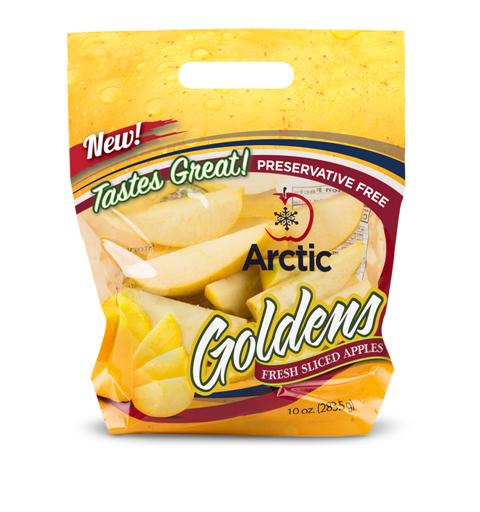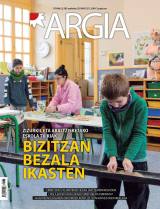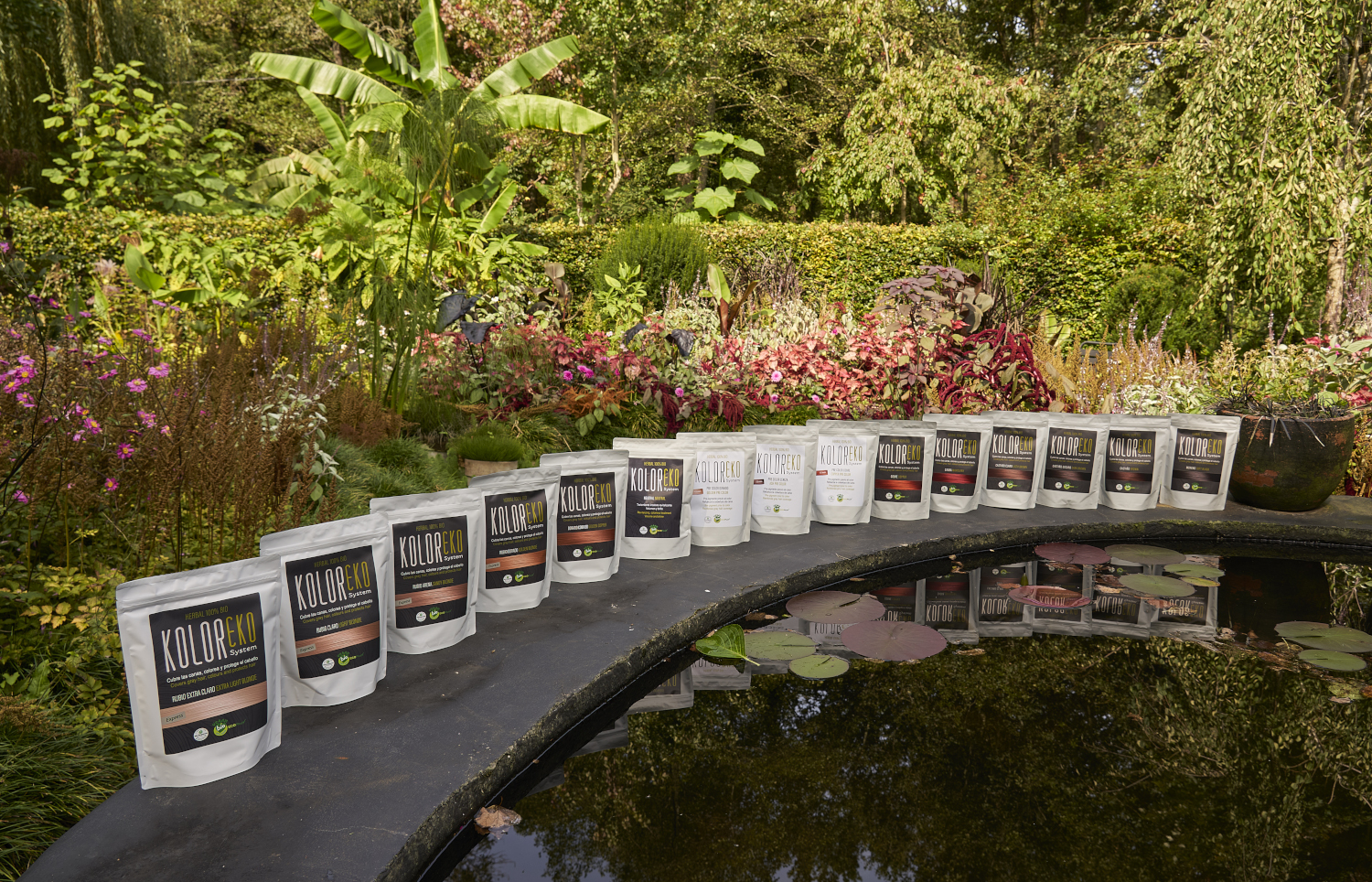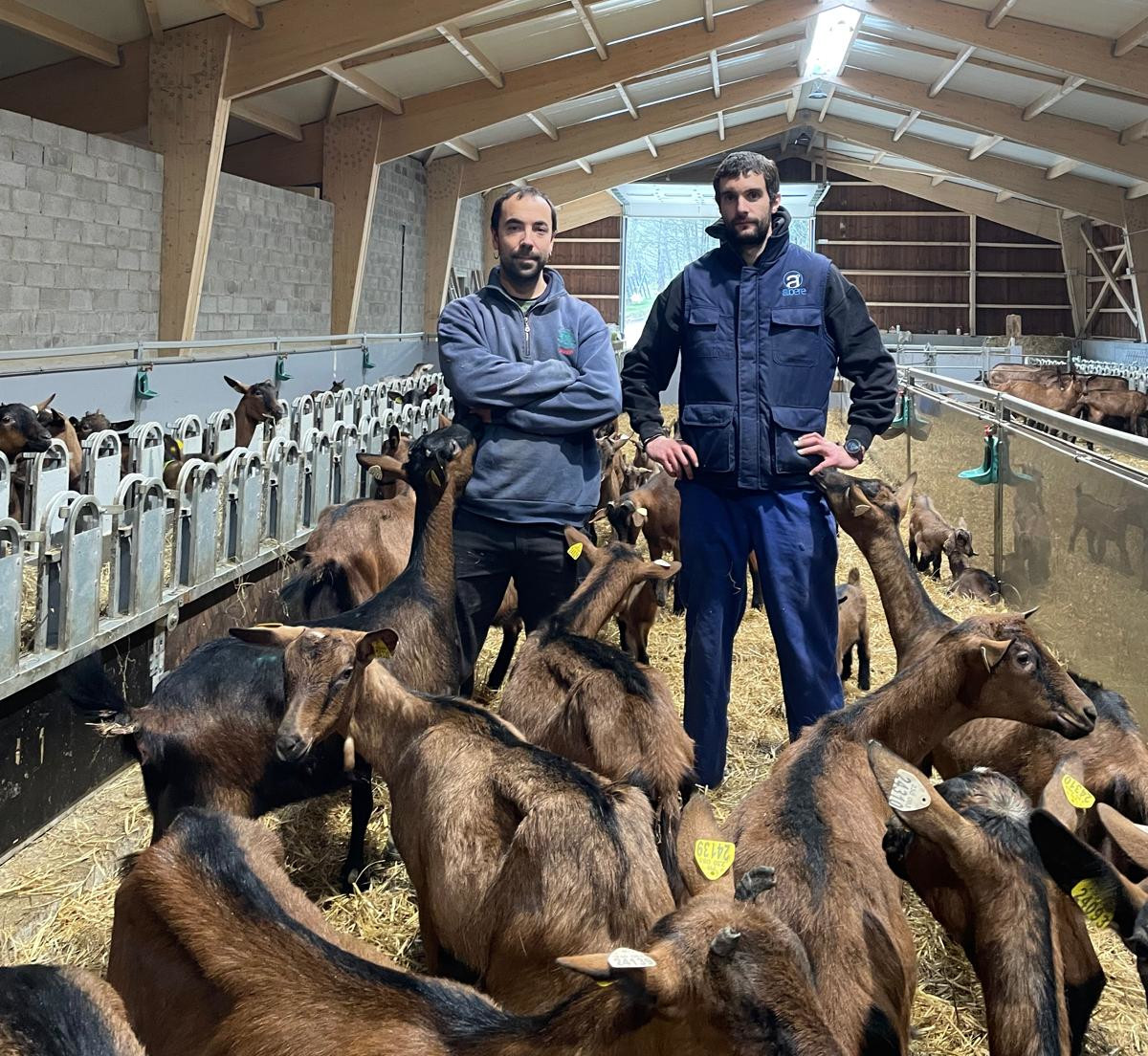Genetically modified apples

The news comes from the Arctic. It's one of those that cuts off the cold wind of the Arctic, the holes in the nape and the pastries. The northern wind comes across Canada and comes in English, Arctic.
In Okanaga, Specialty Fruits Inc is a great apple business company. This year he has presented the Arctic apples. They're genetically modified apples. The goal of this change is not to flush or oxidize when the apple is cut. When you cut the apple, the oxygen in the air changes the color of the flesh; the fruit is not crushed, but is passed over as lost. Because it doesn't look like that, genetics has changed. The enzyme, PPO or polyphenol oxidase, responsible for redness, has been “silenced” and there has been an apple that has hardly any. Arctic Granny and Arctic Fuji are on their way.
What does it mean not to sleep the pulp of the apple? We don't realize when it's been cut. The apple that would redden completely in a couple of hours, even after days, will be in the form of freshly cut. In order to achieve this, the millions have invested and created genetic change. For lunch, they want to sell us that apple that we take raw and whole to work or to school. We cut the apple, peel it and put the pieces in a little bag and sell it. The business is selling in your pocket. The color is not going to change, but the apple that takes the days and days cut, what tickles, what tickling should it produce on the roof of the mouth? But that's not important. They just want to sell eye appearance. And get rich.
To round up the business, without a trace of shame, you have the snout of saying that many apples are red and wasted. And as a counterpart, with their apples, they generate only a plastic bag. And by the way of life: next to the reports of some scientists and research institutes.
Duela lau urte abiatu zuten Azpeitian Enkarguk proiektua, Udalaren, Urkome Landa Garapen Elkartearen eta Azpeitiako eta Gipuzkoako merkatari txikien elkarteen artean. “Orain proiektua bigarren fasera eraman dugu, eta Azkoitian sortu dugu antzeko egitasmoa, bere izenarekin:... [+]
Donostiako Amara auzoko Izko ileapaindegi ekologikoak 40 urte bete berri ditu. Familia-enpresa txikia da, eta hasieratik izan zuten sortzaileek ile-apainketan erabiltzen ziren produktuekiko kezka. “Erabiltzaileen azalarentzat oso bortzitzak dira produktu gehienak, baina... [+]
Ubidekoak (Bizkaia) dira Imanol Iturriotz eta Aritz Bengoa gazteak. “Lagunak gara txikitatik, eta beti izan dugu buruan abeltzaintza proiektu bat martxan jartzeko ideia”, azaldu du Iturriotzek. Nekazaritzari lotutako ikasketak izan ez arren, baserri munduarekin eta... [+]
Iruñean bizi ziren Iñaki Zoko Lamarka eta Andoni Arizkuren Eseberri gazteak, baina familiaren herriarekin, Otsagabiarekin, lotura estua zuten biek betidanik. “Lehen, asteburuetan eta udan etortzen ginen eta duela urte batzuk bizitzera etorri ginen”, dio... [+]
Gipuzkoako hamaika txokotatik gerturatutako hamarka lagun elkartu ziren otsailaren 23an Amillubiko lehen auzo(p)lanera. Biolur elkarteak bultzatutako proiektu kolektiboa da Amillubi, agroekologian sakontzeko eta Gipuzkoako etorkizuneko elikadura erronkei heltzeko asmoz Zestoako... [+]
Emakume bakoitzaren errelatotik abiatuta, lurrari eta elikadurari buruzko jakituria kolektibizatu eta sukaldeko iruditegia irauli nahi ditu Ziminttere proiektuak, mahai baten bueltan, sukaldean bertan eta elikagaiak eskutan darabiltzaten bitartean.






















